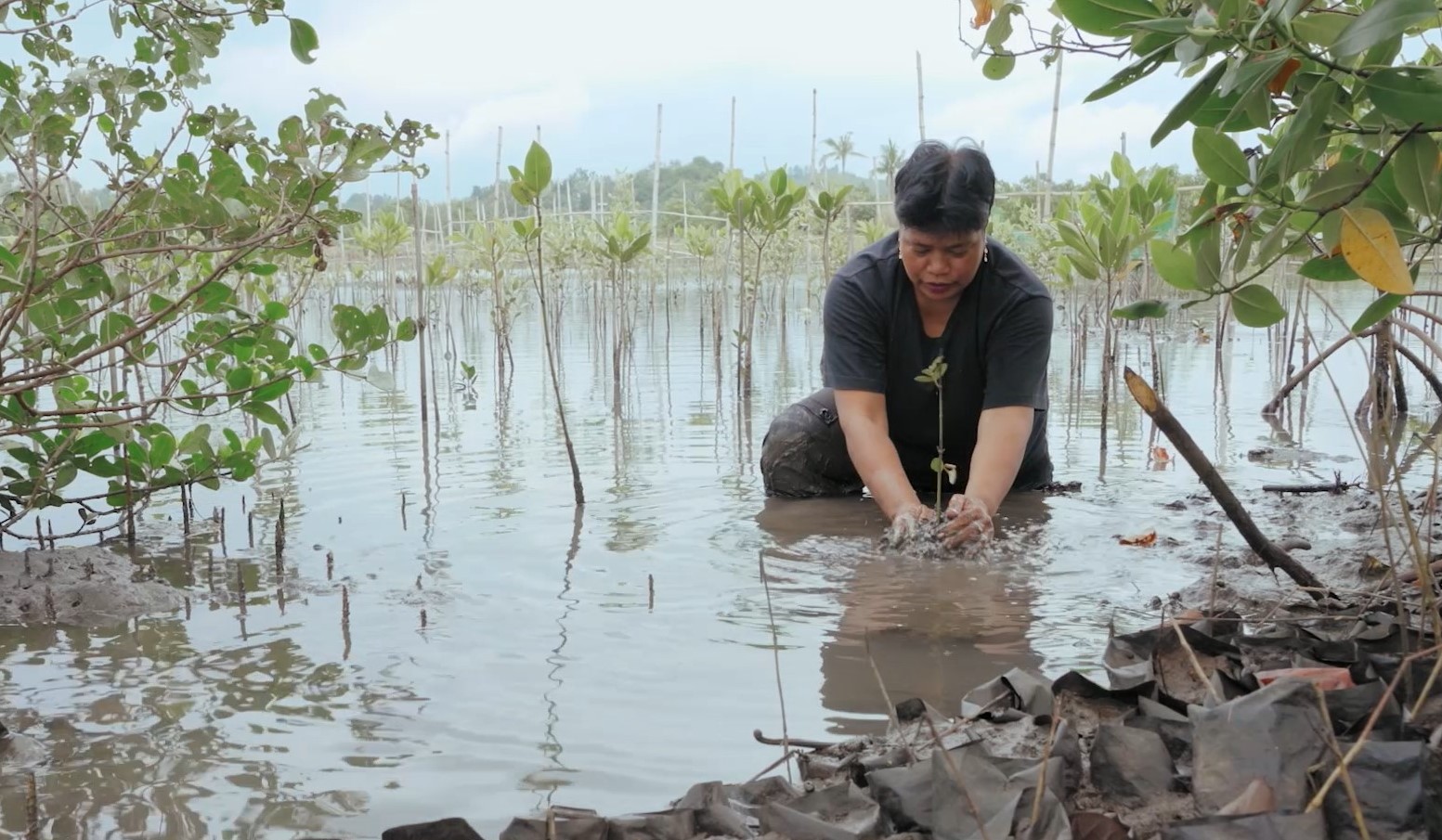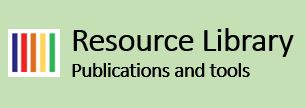25/02/2021 - Nature based solutions for climate action
.jpg)
“Nature provides us with solutions, why invest in other solutions?”
These words from Judah Aliposa say it all: nature can offer great solutions to deal with the impact of climate change and natural hazards. Judah, through PfR, was involved in mangrove restoration in the Philippines. Mangroves play an important role in coastal protection, and can mitigate the impact of floods and heavy storms. Unfortunately in many places mangroves disappeared, resulting in increased threats for local communities as the coastlines no longer provide protection. Mangroves offer another advantage: they are full of livelihood opportunities for local communities. To learn more on mangroves, watch these video’s PfR made about mangrove restoration in Tacloban.
This is only one example regarding the important role nature plays to reduce disaster risks and the impact of a changing climate. Another great example being implemented in a growing number of cities is the re-greening of urban areas to cool down the cities, to fight the so-called heat-island effect. The role of wetlands in fighting urban heat has become evident as well. PfR partners Wetlands International and the Climate Centre developed several guidelines to fight urban heat; you can find these specific guidelines here, in the PfR library.
Wetlands and river basins are important lifelines and should be well protected: they provide millions of people with livelihood opportunities. Furthermore they play an important role as buffers during the rainy season, and provide water during the dry season. Therefore it is important to protect wetlands, or -in case- restore lost wetlands.

Green solutions support both climate mitigation and climate adaptation
Together with UN-Environment Programme, and supported by the European Union, PfR implements the programme “Up-scaling Ecosystem-based Disaster Risk Reduction”, in which models are being developed for green solutions. PfR implements this Eco-DRR programme in five countries:
Haiti: enhancing and upscaling Eco DRR activities to drought-affected areas to strengthen communities’ coping capacities and tackle food-insecurity.
India: upscaling and mainstreaming Eco-DRR approaches to lake basins and a dry-land area in order to manage water-induced risks in urban spaces.
Indonesia: extension and upscaling of Indonesia Peatland Partnership Fund for improved community-based peatland management and use to prevent both flooding and drought.
Uganda: strengthening river catchment management through multi-stakeholder engagement to reduce and prevent flood, drought and soil loss, in order to tackle food-insecurity.
Ethiopia: upscaling Eco-DRR through integration in existing planning and risk management processes to prevent drought, diseases and conflict over water sources.
Interested to learn more about Nature Based Solutions? You can follow a Massive Open Online Course (MOOC) organized by the UN Environment Programme (UNEP) and the Partnership for Environment and Disaster Risk Reduction (PEDRR): Nature-based Solutions for Disaster and Climate Resilience.
- Picture 1: Wetlands in Bihar, India. Credit: Dushyant Mohil
- Picture 2: Violeta Cormera, restoring mangroves in Tacloban. Credit: PfR





